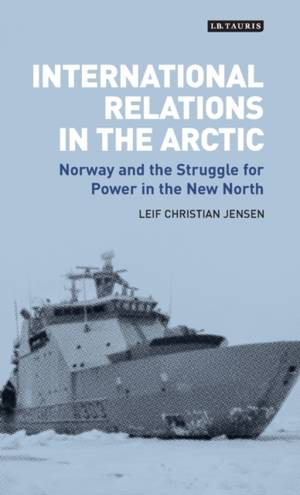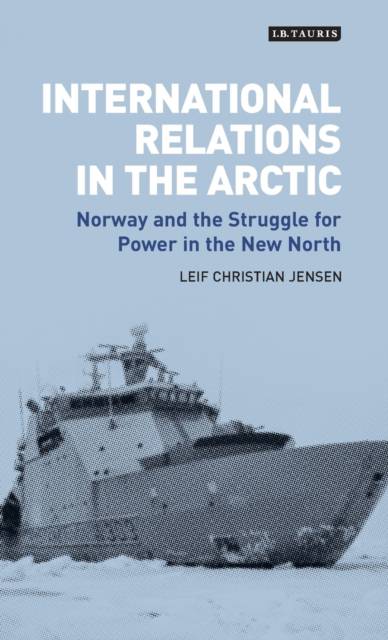
- Afhalen na 1 uur in een winkel met voorraad
- Gratis thuislevering in België vanaf € 30
- Ruim aanbod met 7 miljoen producten
- Afhalen na 1 uur in een winkel met voorraad
- Gratis thuislevering in België vanaf € 30
- Ruim aanbod met 7 miljoen producten
International Relations in the Arctic
Norway and the Struggle for Power in the New North
Leif Christian JensenOmschrijving
As the ice around the Arctic landmass recedes progressively further each year, the territory has become a flashpoint in world affairs. New and lucrative trade routes from East to West are now becoming accessible for shipping lanes and military deployment, and the Arctic is known to be home to large gas and oil reserves. Yet the territorial boundaries of the region remain ill-defined. In response to these geographical changes the Scandinavian countries, especially Denmark and Norway, have begun staking large proprietary claims in the face of pressure from the major powers - Russia, Canada, the US and China - for the trade routes to be designated as International Waters. Here, Norwegian scholar Leif Christian Jensen shows how Norway has undergone a positional shift after declaring its assertive position on the Arctic in 2005. Its disputes with Russia have created a new foreign policy dilemma, and a new set of 'red-lines' in Norwegian policy. Is Norway, as it would like to be seen, an environmentally friendly, peaceful, 'enlightened' nation? Or does this geopolitical shift in world affairs necessitate a new and more aggressive Scandinavia?
International Relations in the Arctic makes a timely contribution to the 'turn to the North' in International Relations and Political Science.
Specificaties
Betrokkenen
- Auteur(s):
- Uitgeverij:
Inhoud
- Aantal bladzijden:
- 224
- Taal:
- Engels
- Reeks:
Eigenschappen
- Productcode (EAN):
- 9781784532130
- Verschijningsdatum:
- 10/12/2015
- Uitvoering:
- Hardcover
- Formaat:
- Genaaid
- Afmetingen:
- 140 mm x 218 mm
- Gewicht:
- 430 g

Alleen bij Standaard Boekhandel
Beoordelingen
We publiceren alleen reviews die voldoen aan de voorwaarden voor reviews. Bekijk onze voorwaarden voor reviews.







